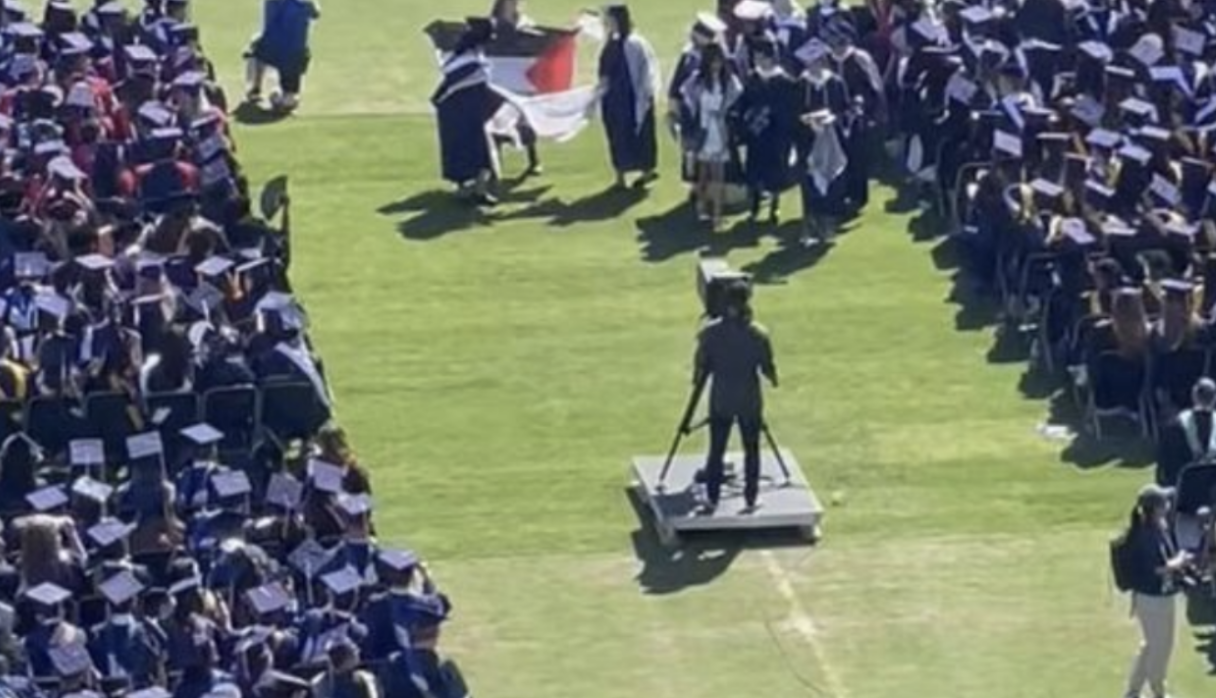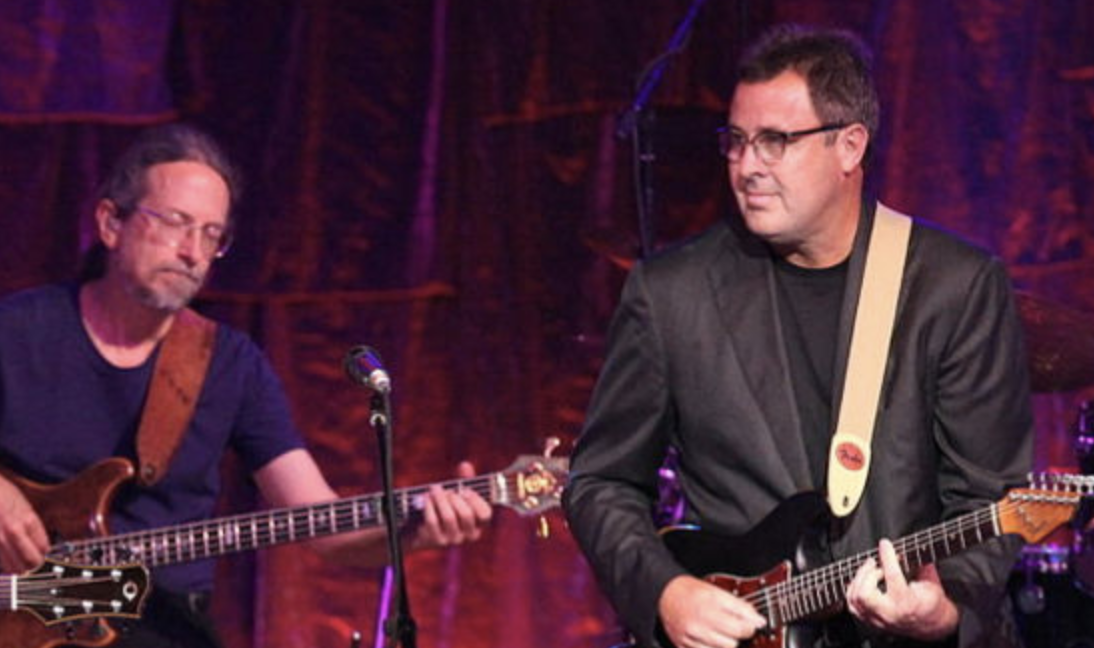
Chief Justice John G. Roberts Jr. told Senate leaders Tuesday that he would “respectfully decline” to testify at a Senate hearing focused on the Supreme Court, offering instead a statement signed by all the justices in which they “reaffirm and restate foundational ethics principles and practices” to which they abide.
There did not seem to be new proposals or guidelines in the “Statement on Ethics Principles and Practices.” Senate Judiciary Committee Chairman Richard J. Durbin (D-Ill.) immediately labeled it insufficient, noting recent revelations about Justice Clarence Thomas that the senator said illustrated the need for more scrutiny.
“I am surprised that the Chief Justice’s recounting of existing legal standards of ethics suggests current law is adequate and ignores the obvious,” Durbin said in a statement. “The actions of one Justice, including trips on yachts and private jets, were not reported to the public. That same Justice failed to disclose the sale of properties he partly owned to a party with interests before the Supreme Court.
“It is time for Congress to accept its responsibility to establish an enforceable code of ethics for the Supreme Court, the only agency of our government without it,” Durbin’s statement continued.
Justice Thomas has reported receiving only two gifts since 2004
Durbin has scheduled a committee hearing for May 2. But Roberts said in the letter that he thought it would be inappropriate for him to attend.
“Testimony before the Senate Judiciary Committee by the Chief Justice of the United States is exceedingly rare, as one might expect in light of separation of powers concerns and the importance of preserving judicial independence,” Roberts wrote. He said chief justices have attended congressional committees only a handful of times in history, often to speak on “mundane” topics.
Emphasizing the separation-of-powers argument, Roberts noted that no president has ever testified before the Senate committee either, and only three had ever appeared before congressional committees.
Durbin said the invitation to Roberts or his designate was “an attempt to include the Court in this discussion. But make no mistake: Supreme Court ethics reform must happen whether the Court participates in the process or not.”
But the success of such a process seems unlikely, as the topic has taken on partisan dimensions. Many Republicans — including some on Durbin’s committee — have dismissed recent news reports on the justices and questions about court ethics as attempts to hurt the Supreme Court’s credibility at a time when conservative justices have a supermajority.
Supreme Court justices discussed, but did not agree on, code of conduct
Still, it is difficult for the court to ignore the growing scrutiny of the justices that has intensified calls for an ethics code specific to them.
In addition to the reporting on Thomas, Politico reported Tuesday that Justice Neil M. Gorsuch did not reveal on his disclosure form that the chairman of a major law firm was the buyer of Colorado property in 2017 in which he held an interest. It seems the information might not be required according to the disclosure rules. But Democrats said it should be.
The statement of ethics Roberts attached to his letter to Durbin said the justices consult a wide range of laws and ethical canons in deciding how to conduct themselves.
“They may turn to judicial opinions, treatises, scholarly articles, disciplinary decisions, and the historical practice of the Court and the federal judiciary,” said the statement, signed by all nine members of the court. “They may also seek advice from the Court’s Legal Office and from their colleagues.”

The statement said that since 1991, “Justices have followed the financial disclosure requirements and limitations on gifts, outside earned income, outside employment, and honoraria. They file the same annual financial disclosure reports as other federal judges.”
But such assertions have not satisfied critics in the past. In February, leaders of the American Bar Association joined those urging for more requirements, saying that “the absence of a clearly articulated, binding code of ethics for the justices of the Court imperils the legitimacy of the Court.”
Supreme Court justices under new ethics disclosures for trips, other gifts
The biggest recent controversy at the court includes a ProPublica report that Thomas accepted trips around the globe for more than two decades. This included travel on a superyacht and private jet from his friend Harlan Crow, a Dallas billionaire and influential donor to causes related to the law and judiciary. The news site later reported that Crow had purchased from Thomas and relatives the home of Thomas’s mother, where she still resides, with plans to one day turn it into a museum.
Thomas did not report the trips or the property sale on his annual disclosure form.
The justice has not responded to questions about the home sale. About the trips, he said in a statement: “Early in my tenure at the Court, I sought guidance from my colleagues and others in the judiciary, and was advised that this sort of personal hospitality from close personal friends, who did not have business before the Court, was not reportable.” (Bloomberg reported Tuesday that there was one Supreme Court case in which Crow’s company had an interest in 2005, but the court turned it down with no noted dissents.)
In their ethics statement, the members of the court noted the Judicial Conference’s Committee on Financial Disclosure “just last month, . . . provided clarification on the scope of the personal hospitality’ exemption to the disclosure rules.”
Anotherarea of proposed reform has to do with when the justices should recuse themselvesfrom a case because of a potential conflict of interest. It is up to individual justices to make that decision. Thomas has been criticized over the past two years for participating in cases regarding the 2020 presidential election. His wife, Virginia “Ginni” Thomas, a longtime conservative activist and supporter of former president Donald Trump, took an active role in challenging the 2020 outcome.
Emails show Ginni Thomas pressed 29 Arizona lawmakers to help overturn Trump’s defeat
The statement from the nine justices said justices should be reluctant to recuse from cases “as a matter of convenience or simply to avoid controversy” because there can be no replacement on the high court for an absent justice, as there can be for judges on lower courts.
And “if the full Court or any subset of the Court were to review the recusal decisions of individual Justices, it would create an undesirable situation in which the Court could affect the outcome of a case by selecting who among its Members may participate,” the statement said.
The statement briefly addressed controversies over the justices’ public speaking engagements and seemed designed to respond to criticism that liberal justices speak to liberal groups, while conservatives are regulars at conservative gatherings, such as the Federalist Society.
“In deciding whether to speak before any group, a Justice should consider whether doing so would create an appearance of impropriety in the minds of reasonable members of the public,” the statement said. “There is an appearance of impropriety when an unbiased and reasonable person who is aware of all relevant facts would doubt that the Justice could fairly discharge his or her duties.”
But the statement also said that “except in unusual circumstances, no such appearance will be created when a Justice speaks before a group associated with an educational institution, a bar group, or a nonprofit group that does not regularly engage in advocacy or lobbying about issues that may be implicated in cases that come before the Court.”





